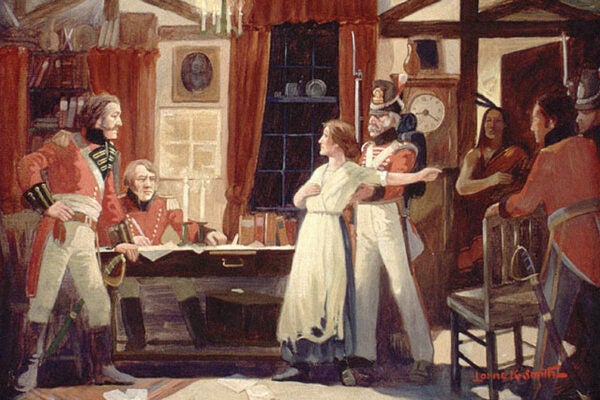Ronald Reagan was inaugurated the 40th president of the United States on January 20th, 1981. Reagan’s two terms as president, which included a massive re-election landslide victory in 1984, were marked by a reordering of the American economy and, surprisingly for a veteran Cold Warrior, the eventual relaxing of tensions between the U.S. and the Soviet Union.
The big picture of Reagan as president is well-known, but the person of Ronald Reagan is far less so. Reagan, known for his storytelling, jokes, and Hollywood-style banter, remained largely unknowable. His official biographer, Edmund Morris, felt so frustrated by his subject’s apparent lack of self-reflection that he felt compelled to create a narrative fiction to tell the full story of the man. Robert E. Gilbert, however, argues that the key to understanding Reagan is knowing that he was the child of an alcoholic. As the child of an alcoholic, Reagan had difficulty maintaining close relationships, and was known for having few if any close friends. His second wife, Nancy, filled that role, but even she admitted at times that her husband could remain distant and aloof.
Reagan painted an idyllic picture of his childhood in a Midwestern small town. The reality was that he was born into an unstable, troubled family. His mother, Nelle, was an active member of the Disciples of Christ Church, and was known as a active volunteer and helper for worthy causes. His father, Jack, was of Irish Catholic background and held unsteady work as a traveling salesman and a shoestore manager. He was also an alcoholic. As a child, Reagan once found his father laid out in the snow in a stupor. Christmas was a particularly difficult time as Jack would tend to go off on binges.
Reagan’s mother told her son that his father was captive to a disease and was incapable of behaving any better. But their marriage was wracked by loud arguments and instability: the family moved five times in Reagan’s first eight years. Money was always tight in the Reagan household as Jack struggled to maintain jobs. Reagan inherited his mother’s love for theater and his father’s interest in politics; Jack Reagan was a New Deal liberal Democrat, and Reagan’s involvement in Hollywood politics at first tilted left. But after his father died in 1941, Gilbert reports, Reagan began to lean right.
According to Gilbert, Reagan’s uneasy relationship with the poor, who he often mocked in speeches for relying on government programs, was a reaction to his father’s dependency. The psychological drama of his childhood had other impact on the administration as well, writes Gilbert. Reagan was known as a delegator, a quality Gilbert sees as typical of children of alcoholics, who tend to shy away from over-involvement in projects. In Reagan, it was an attribute that was widely praised when things went smoothly. But when rogue elements of the administration concocted the Iran-Contra deal, in which guns for Central American guerrillas were illegally transferred via a conduit with Iran, Reagan was left to argue that he had been left out of the loop. The Tower Commission, which investigated the affair for Congress, concluded that Reagan had in fact delegated much of his presidential authority to others.
In Gilbert’s reading, Reagan’s entire presidency was affected by the fallout of his alcoholic father. It’s a point of view that adds an interesting dimension to our understanding of America’s “Great Communicator.”







